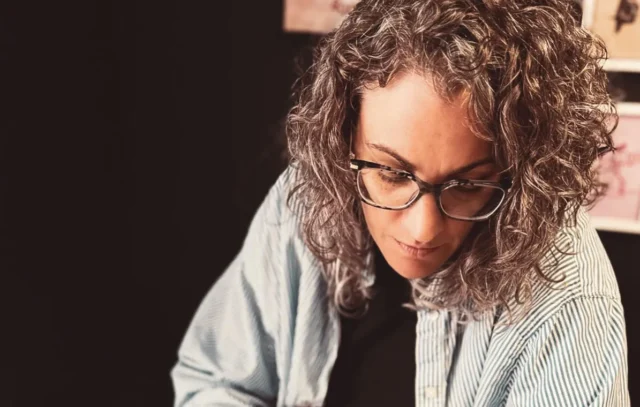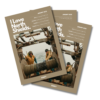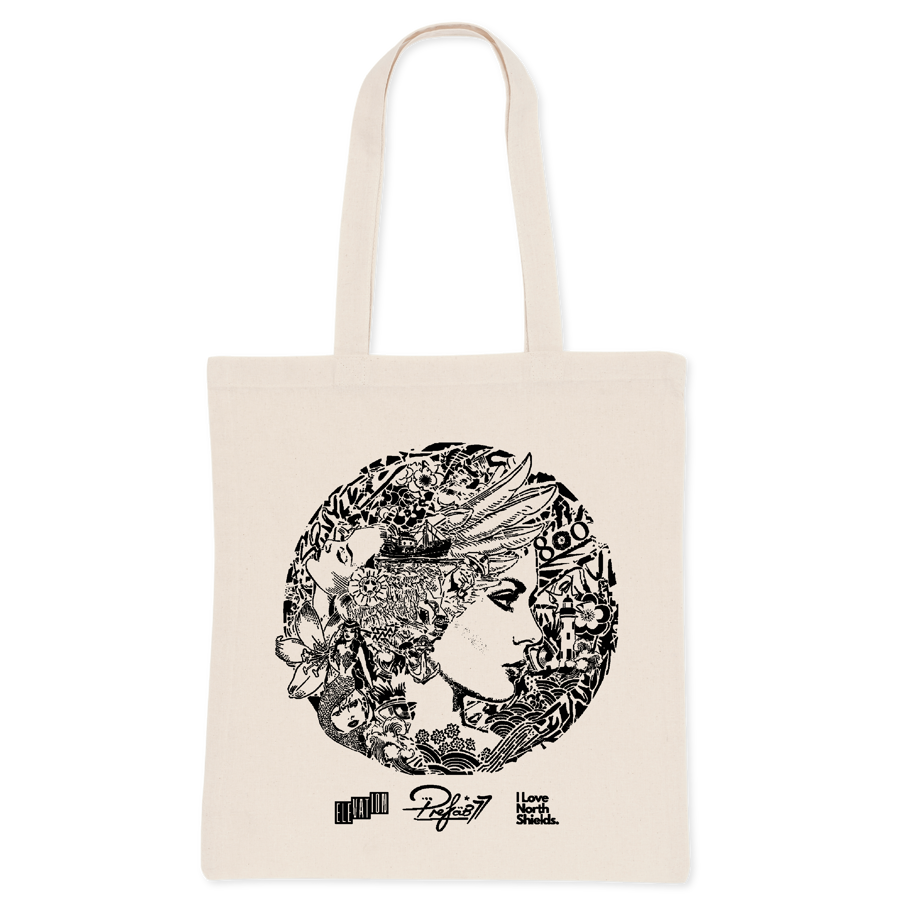Photography by @KERRYHAYSPHOTOGRAPHY
Victoria “Tori” Smith’s life has been a testament to resilience and dedication. Having faced significant challenges, from navigating a difficult educatiovnoal.l 1 journey to the upheaval of her parents’ separation at the age of 15, Tori has transformed her experiences into a mission to support children and young people. Through her work, she ensures that no child feels lost or unsupported, as she once did. In this interview, we explore Tori’s inspiring journey and the passion that drives her work.
Q: Tori, you’ve had quite a journey with education and your career. Can you start by telling us about your early experiences with education? From a young age, I struggled to fit into the education system and never felt like I knew my place. When my parents separated when I was 15, it felt like the rug was pulled from underneath me, and I didn’t know what was next. I did manage to get my GCSEs, but my time at school was far from enjoyable, and I struggled with learning.
Q: How did this impact your time in college and further education? After my parents separated, I ended up living in supported lodgings at 16 and then moved into a flat with a support worker. I was studying nursery nursing at college during this time, and it was incredibly difficult. My tutors, instead of offering support, said, “Well, you have your own flat now, so what’s the problem?” Unsurprisingly, I didn’t complete the qualification and spent the next few years in jobs I hated.
However, I’ve always had a thirst for knowledge. Over the years, I’ve done numerous courses and eventually found my own learning style, especially in ways that support my ADHD. I understand that not all children and young people learn the same way, and this understanding has shaped my approach to helping them. I eventually made it to university as a mature student, earning a 2:1 in Youth and Community Work—a moment I’m incredibly proud of. Later, I even pursued a masters in psychology, though I stopped at a postgraduate diploma. Doing a masters with one-year-old twins whilst working, wasn’t the best life choice!
Q: What changed for you when you started working with children and young people? When I began working with children and young people at 19, I realised that my purpose was to ensure that they never felt as lost as I did. This passion has driven me for over 20 years, working in various roles including residential care, educational settings, youth and community work, and children’s participation. I’ve worked with children who have experienced unimaginable trauma, and I’m committed to doing everything in my power to support them.
Q: Your personal life has had its own challenges. Can you share some of those experiences and how they impacted you? I’ve faced my share of challenges, including experiencing domestic abuse, a traumatic early birth of my twins, and a late diagnosis of ADHD at 38. These experiences have profoundly affected me. There were times when my mental health impacted my ability to be my best at work. Reflecting on those moments, I realise how much more I could have done if I’d understood my nervous system and emotional triggers better. I think all parents have moments they wish they could redo, but as Virginia Satir said, “parents do the best they can at any given time.”
Q: How have you managed to overcome these challenges and continue to progress in your career? Working on myself and understanding my nervous system has been transformative. This grvoowl. t1h has not only improved my professional life but also my personal life. I’m passionate about sharing what I’ve learned about the nervous system, both in supporting myself and in helping others, especially children, to understand their own triggers and reactions.
Q: Can you tell us about your current work and what excites you most about it? I’m involved in several areas, but what I love most is working one-on-one with children and young people, helping them recognise their strengths and reframe their challenges. I incorporate trauma-informed practices into my work, understanding that trauma isn’t just about major events—it can be anything from a hospital visit to the birth of a sibling. I’m also thrilled to be working with The Mental Wellbeing Company, where I help others understand the profound impact of being trauma-informed.
Q: It’s clear that your experiences have shaped your dedication. Can you share how your interventions have made a difference in children’s lives? My motivation stems from my desire to ensure no child feels as lost as I once did. I’ve had the privilege of being part of many children’s journeys, helping them realise their worth and potential. It’s important to remember that all behaviour is communication. Children may not always understand what their bodies are trying to tell them, especially if they’re reacting to something on a somatic level. We need to be attuned to these signals.
Q: Lastly, what advice would you give to others facing similar challenges? I’d advise them to seek support and focus on self-care. It’s essential to understand the impact our behaviours and regulation can have on our children. Struggles are part of life, and it’s okay to have hard days. What matters is finding ways to move forward, even if it’s just making a cup of tea. Remember, some days, 40% might be your 100%, and that’s okay. The same goes for our children.
CONTACT INFORMATION: MOBILE: 07711 220457 EMAIL: [email protected] INSTAGRAM @DRAGONFLY_NORTH_EAST WWW.DRAGONFLYNORTHEAST.THEMENTALWELLBEINGCOMPANY.COM

































